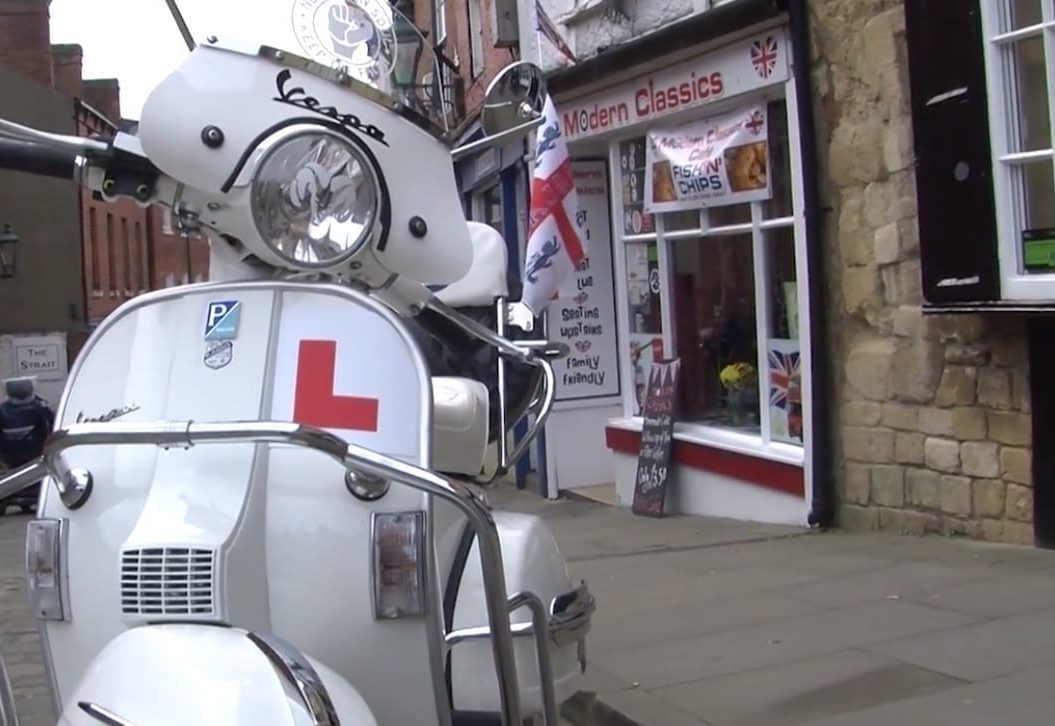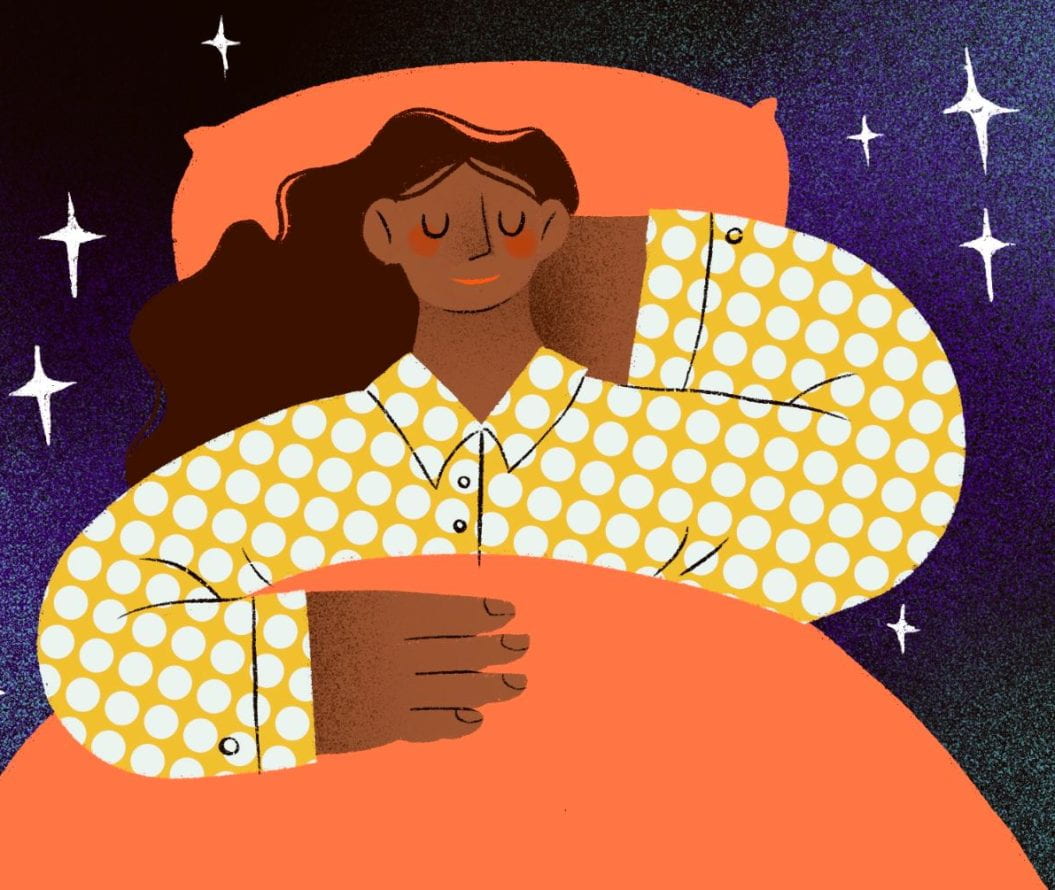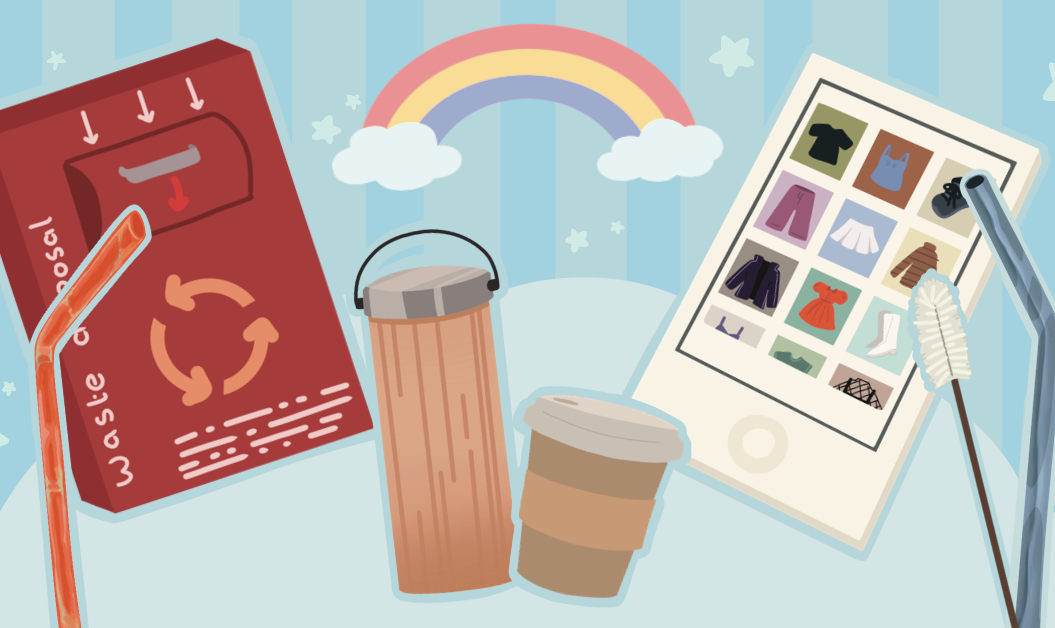Hi everyone my name is Hannah and I'm a third year student studying Biomedical Science. I'll be starting my MSc in Data Science and Applied Analytics next year. Outside of university I've really enjoyed teaching myself to crochet over the…
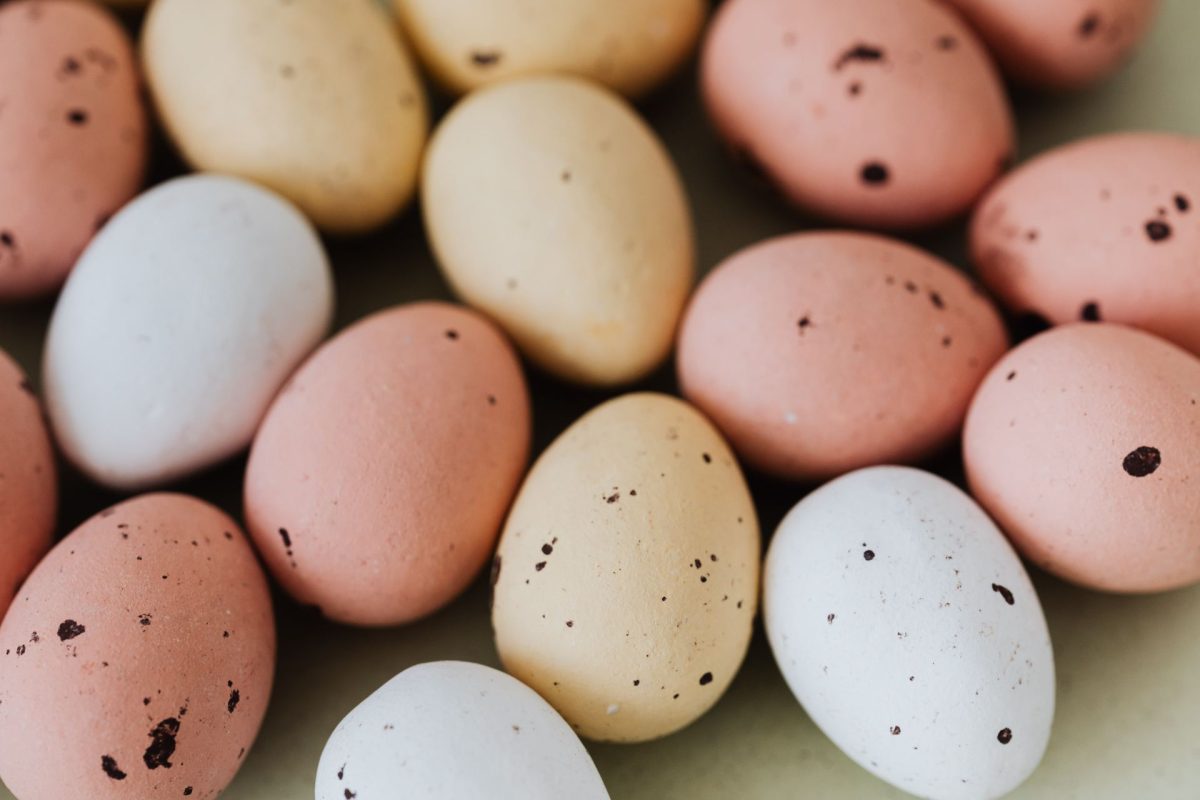
Easter Sunday
Easter is fast approaching, and supermarket shelves are stocked full of tasty Easter eggs to prove it. This year’s Easter…
April 9, 2023,
read.
Easter is fast approaching, and supermarket shelves are stocked full of tasty Easter eggs to prove it. This year’s Easter falls on Sunday, April 9th. It changes every year to coincide with the first Sunday of the Paschal Full Moon. The Paschal Full Moon is the first full moon after the Spring equinox. Spring equinox signifies the start of Spring in the Northern Hemisphere. Therefore, Easter can occur anytime from late March to late April.

Easter Sunday for Christians
The week leading up to Easter is known as Holy Week and consists of Palm Sunday, Maundy Thursday, and Good Friday. The holy week is Lent, which is the forty days before Easter beginning on Ash Wednesday. Christians traditionally give up something they enjoy or fast. This is a time for Christians to repent, practice self-discipline and remember the life of Jesus in the lead-up to his death.
Therefore, Easter Sunday is one of the most important dates in the Christian calendar as it marks Jesus’s resurrection. After being crucified on Good Friday, his body was then buried in a cave tomb with a stone marking the entrance. He lay there for three days until some of his disciples found the stone had been moved and his body gone. His followers realised God has raised Jesus from the dead, this was known as the resurrection. Christians celebrate this time by enjoying the thing they’ve given up for Lent and feasting.

During the lead-up to Easter, Christians will celebrate a series of events during Holy Week corresponding to Jesus’s life leading up to his crucifixion. Although different church services contain different events, the Easter Sunday service is special, with more people going to church on Easter Sunday than on any other day. The service consists of music, prayer, and the renewal of Baptismal Promises. As the 40 days (Lent) is a time of fasting in the lead-up to Easter, there is often also a large celebratory meal and a time for Christians to enjoy the things which they’ve given up for Lent.
What about Easter Eggs?
The chocolate eggs come in as an egg is a symbol of new life and for Christians, Easter eggs represent Jesus’s resurrection. As he overcame sin and death, the eggs represent the promise of eternal life if they follow his teachings. Traditionally, the eggs would be hard-boiled and painted and hidden for an Easter egg hunt for children. This is still seen today with many children completing Easter crafts. Similarly, the Easter bunny represents fertility and therefore life, also referring to the resurrection.
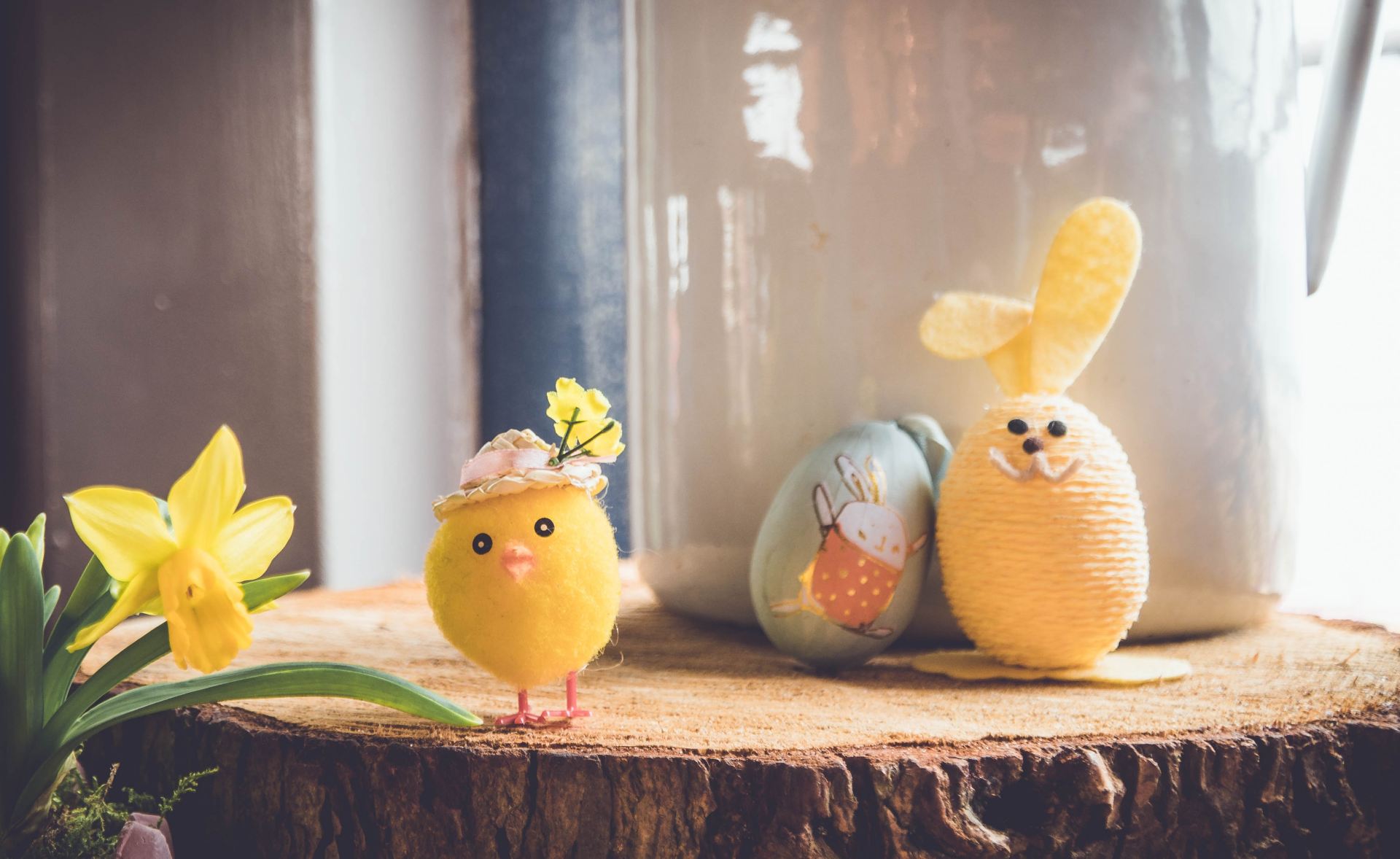
Many non-Christians also choose to observe these modern-day traditions, since Easter occurs at the start of Spring and signifies new life, growth, and the end of Winter. Many non-religious traditions have formed which are associated with Easter. For example, the Easter bunny is a character which brings chocolate eggs to children on the morning of Easter Sunday. The exact origins are unknown however, it’s believed to have roots in 1700s Germany.
However you choose to celebrate Easter, it’s guaranteed to signify the start of warmer weather, lighter evenings, a new start and a great excuse to indulge in a lot of Easter chocolate!
